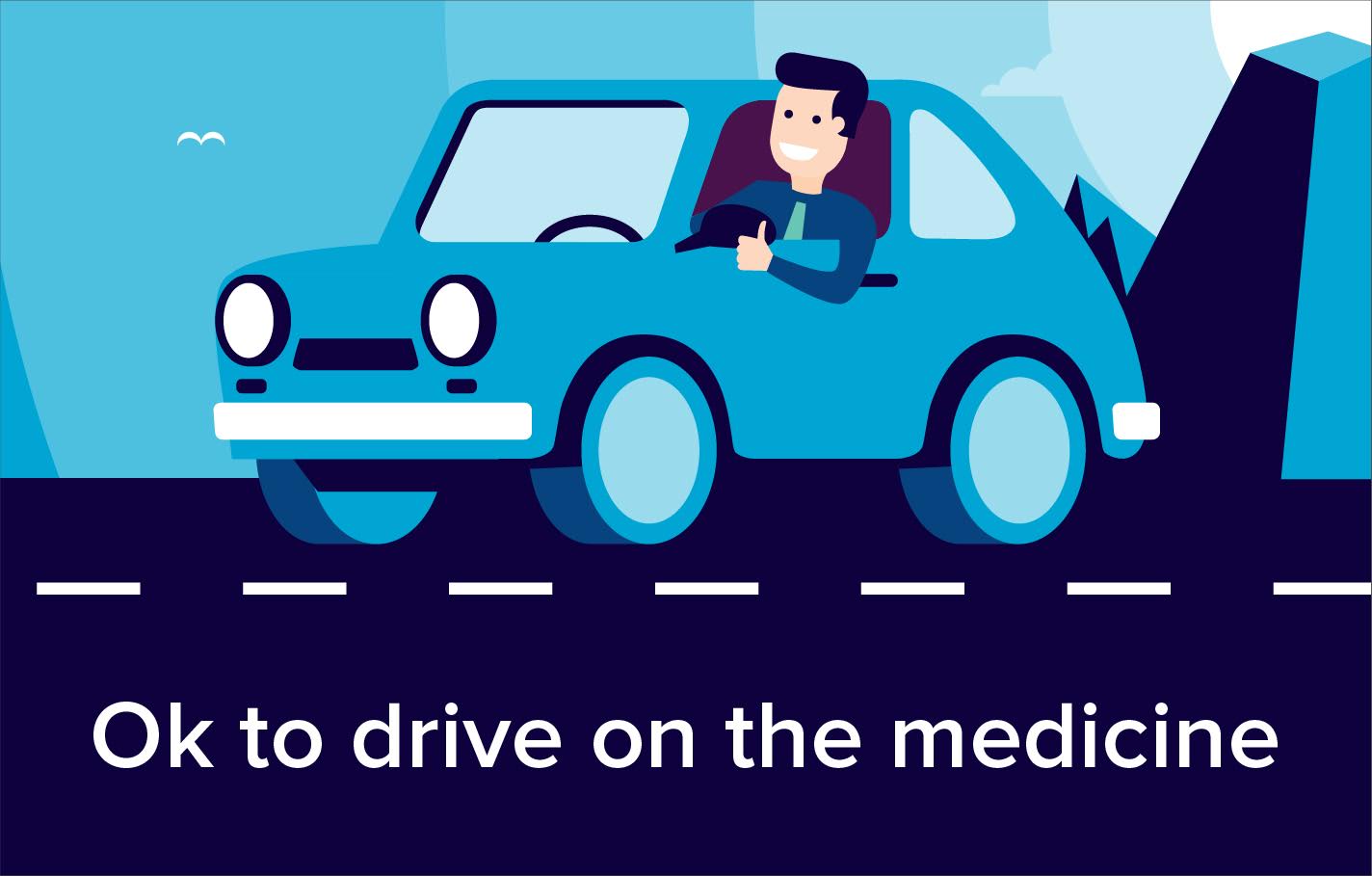- Diclac (Diclofenac) gel are used to relieve pain and inflammation.
- It is used to relieve painful conditions associated with your bones and joints and to reduce swelling and inflammation (e.g. arthritis) and for sprains, strains and bruising of tendons and ligaments, and in acute gout.

Why have I been prescribed Difene gel?
- Difene (Diclofenac) gel is used to relieve pain and inflammation.
- It is used to relieve painful conditions associated with your bones and joints and to reduce swelling and inflammation (e.g. arthritis) and for sprains, strains and bruising of tendons and ligaments, and in acute gout.
- It can also be used to reduce pain or inflammation after surgery. It can also be used for period pain.
How does it work?
Difene blocks the production of chemicals in the body called prostaglandins which are responsible for pain and inflammation.
When and how do I take it?
Always use this medicine exactly as described in this leaflet or as your doctor, pharmacist or nurse has told you. Check with your doctor, pharmacist or nurse if you are not sure.
- It is important to use the lowest dose which adequately controls your inflammation/pain and for the shortest possible period of time.
- Never exceed the recommended dose.
- Do not take by mouth.
- Be careful not to get the gel into your eyes. If this happens rinse your eyes with clean water and tell your doctor.
- Difene Gel must be applied to intact skin and not be rubbed into open wounds, cuts or any other area where the skin is abnormal.
- After rubbing the gel into the skin, do not cover with bandages or sticking plaster.
What’s the dose?
The dose will depend on your complaint and strength of the gel prescribed. Usually apply two or three time a day.
Could it interact with other tablets?
If you are taking other medicines make sure your doctor is aware of them before you apply Difene gel, particularly if they are any of the following:
- other anti-inflammatory or ”painkilling” medicines
- water tablets e.g. diuretics
- corticosteroids or other medicines that may upset your stomach
- blood tablets e.g. anticoagulants such as warfarin
- lithium, cyclosporin and methotrexate
- anti-platelet agents e.g. aspirin
- medicines for heart conditions or high blood pressure (Beta Blockers, ACE inhibitors, digoxin)
- quinolone antibiotics
- aminoglycosides e.g. streptomycin
- diabetic tablets
- drugs for the treatment of gout e.g. probenecid
- drugs for the treatment of depression e.g. selective serotonin reuptake inhibitors
If you are presently taking any of these medicines and are unsure talk to your doctor or pharmacist.
Herbal products should also only be taken after talking with your doctor.
What are the possible risks or side-effects?
Some rare or very rare side effects can be serious. Stop using Difene Gel and tell your doctor straightaway or go to the emergency department at your nearest hospital if any of the following happens:
- allergic reaction with swelling of the face, lips, mouth, tongue or throat often associated with rash and itching, which may cause difficulty to swallow, hypotension (low blood pressure), fainting, wheezing and feelings of tightness in the chest (signs of asthma).
- red or purple skin (possible signs of blood vessel inflammation), skin rash with blisters, blistering of the lips, eyes and mouth, skin inflammation with flaking or peeling.
Can I drink alcohol while taking it?
- There are no known interactions between Difene and alcohol.
- Always ask you doctor or pharmacist however as other medications you are taking may have a bearing on this.
What if I’m pregnant/breastfeeding?
Diclac should not be used during pregnancy or while breast feeding.
If you have any more questions please ask your Pharmacist.
Remember to keep all medicines out of reach of children
Please Note: We have made every effort to ensure that the content of this information sheet is correct at time of publish, but remember that information about drugs may change. This sheet does not list all the uses and side-effects associated with this drug. For full details please see the drug information leaflet which comes with your medicine. Your doctor will assess your medical circumstances and draw your attention to any information or side-effects which may be relevant in your particular case.
References:
1. Medicines.ie website- difene SPC http://www.medicines.ie/medicine/3639/SPC/Difene+Tablets/
2. Medicines.ie- difene PIL http://www.medicines.ie/medicine/8293/PIL/Difene+Tablets/

